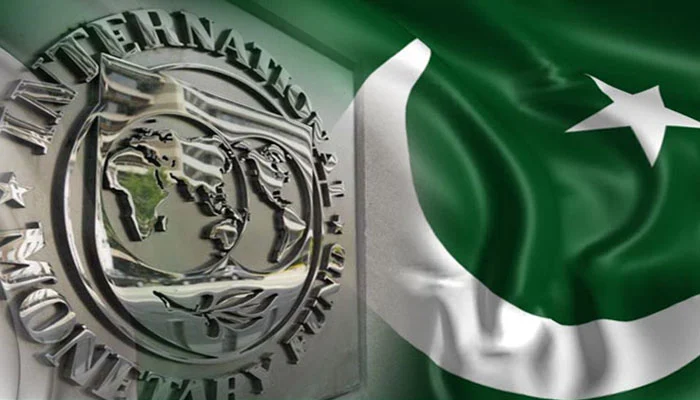Will the International Monetary Fund (IMF) revive the much needed $6.5 billion financial assistance package for cash starved Pakistan? After back-to-back talks with IMF Managing Director Kristalina Georgieva on the matter, Pakistan Prime Minister Shehbaz Sharif once again held a telephonic conversation with the top boss of the multilateral lender today. The next couple of days will be crucial for Pakistan as the IMF’s current programme expires on Friday. Pakistan could officially default if it fails to receive the IMF assistance.
To placate the IMF, which was not satisfied with the Budget contours, Islamabad has announced imposition of a host of new tax measures which include fresh levies on all types of fertiliser, a move that has taken many by surprise.
Unsurprisingly citizens are unhappy. The government has made little effort to put in place structural reforms to lift the rapidly sagging economy. But the fresh tax measures could further lead to price hikes across the board and also create more food shortages.
“As feared by many, the country’s budget has a stamp of the IMF and that has created heartburn. But at this point Islamabad, which could potentially default, has few choices but to go all out to please the IMF,” an analyst told India Narrative.
Analysts also said that the country’s economic uncertainty will not end anytime soon even if the IMF revives the billion bailout package. The additional tax on fertiliser has become a bone of contention as it would not only impact the country’s small and marginal farmers the most but may deal a blow to the agriculture sector at a time when the country is still battling with the aftershock of last year’s devastating floods. That apart the business community is struggling too. Several companies have either shut down or cut down on operations.
Amid talks with the IMF, Islamabad has also started acting on its Plan B.
In a desperate move, Pakistan’s state-owned Karachi Port Trust (KPT) has signed a concession agreement with UAE’s AD Ports Group to manage, operate and develop a part of the project. The UAE based company, which will invest $220 million over the next 10 years, will now develop four of the total 33 berths at the port within 50 years.
Similarly, the Sharif government has also taken a decision to lease out the new Islamabad International Airport to foreign investors. However, these are relatively long term in nature and will bring little relief to the country’s economic health.
Come July 1, cash starved Pakistan will step into the new financial year with a host of fresh economic challenges. And now the country’s political instability will only aggravate those challenges for the policymakers.
Also read: Abandoned by the West, Pakistan Army wants Gulf countries to start corporate farming in Pak



















